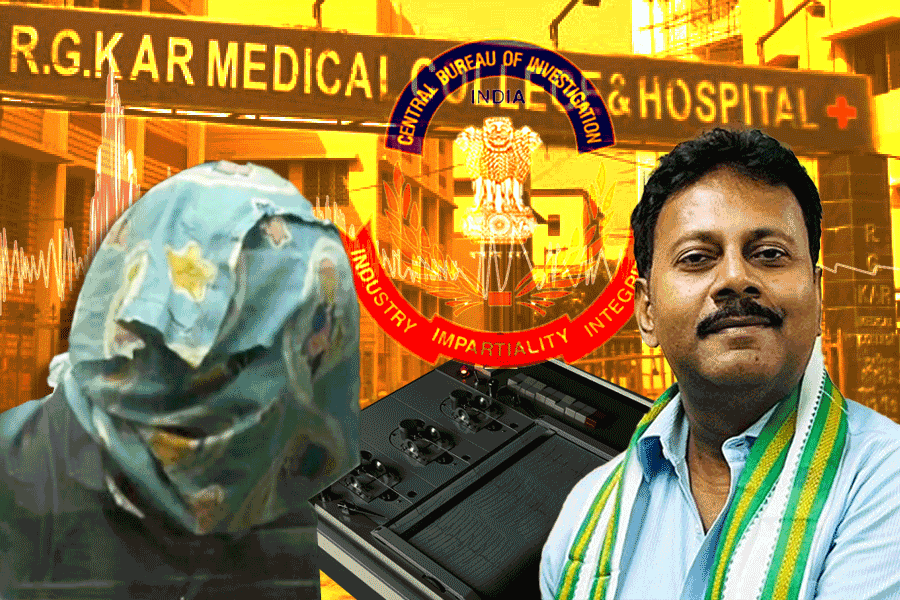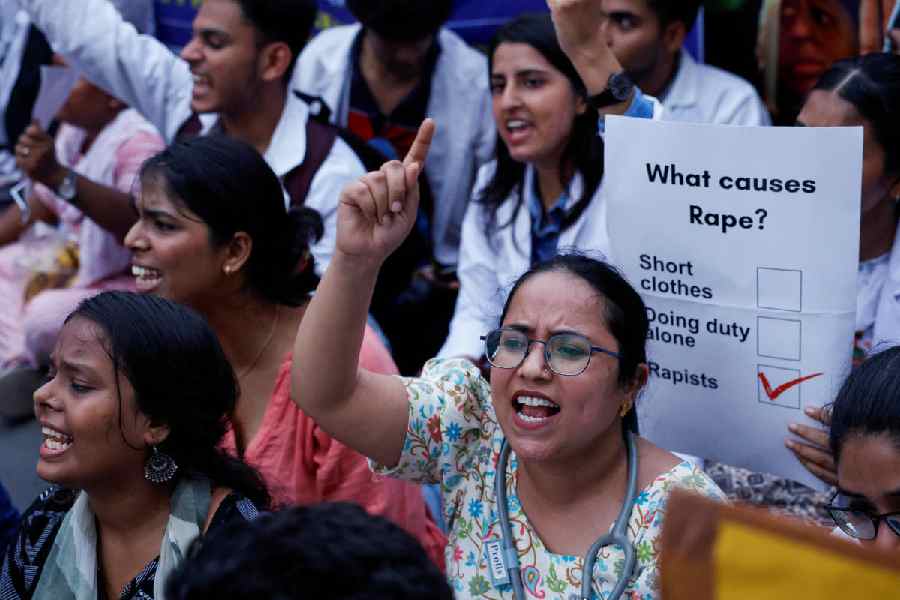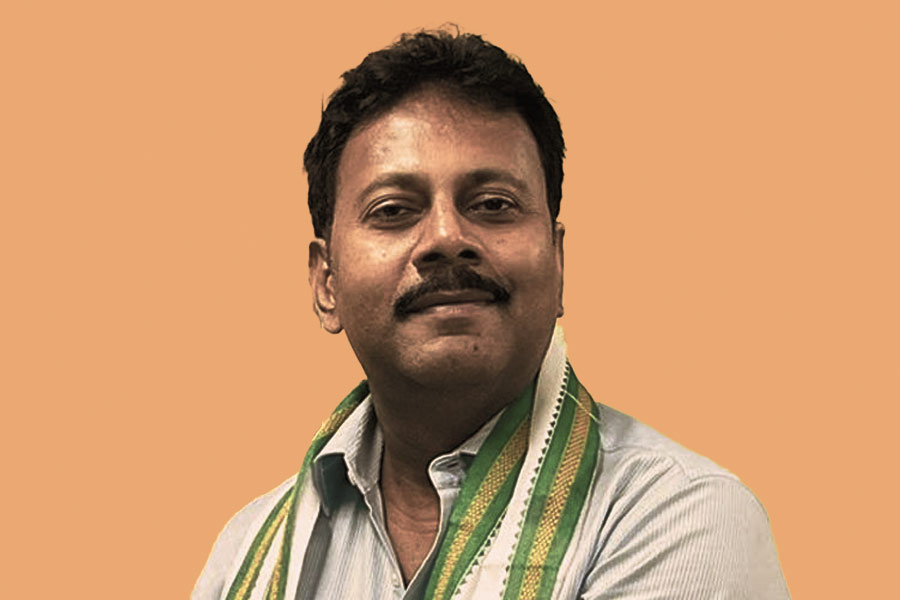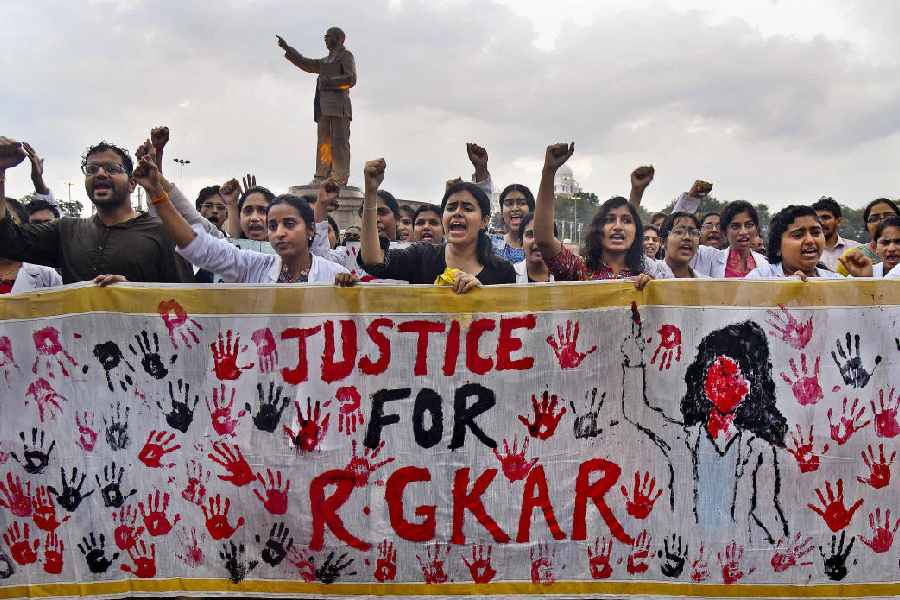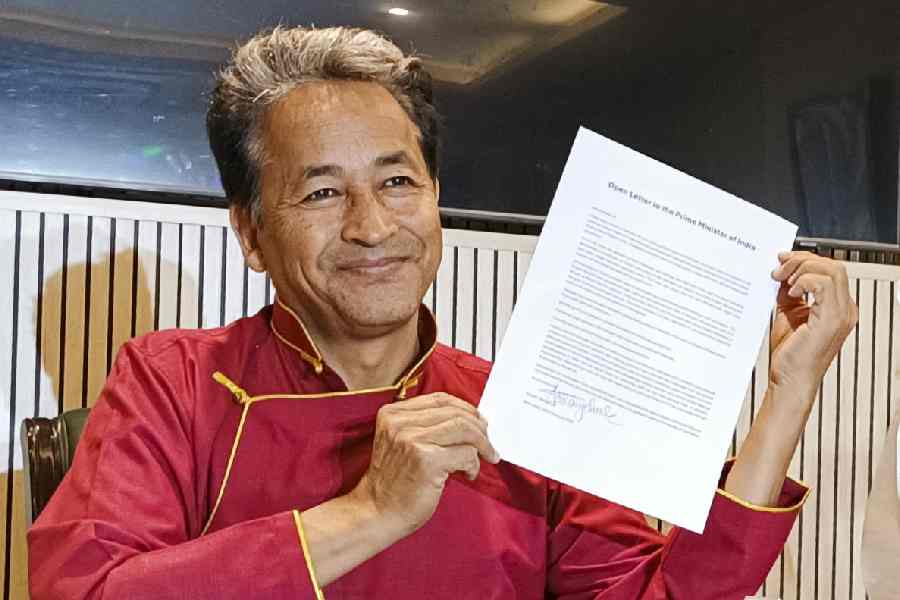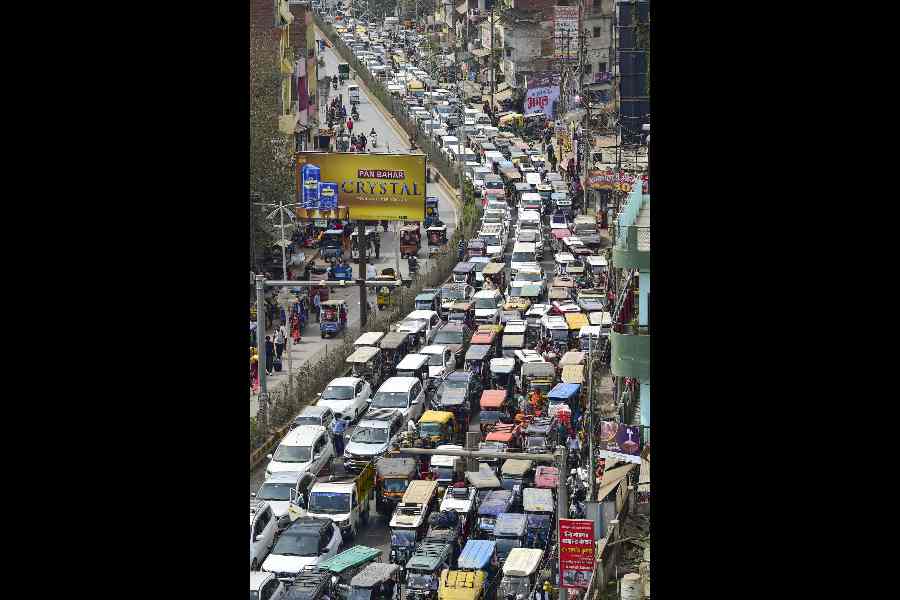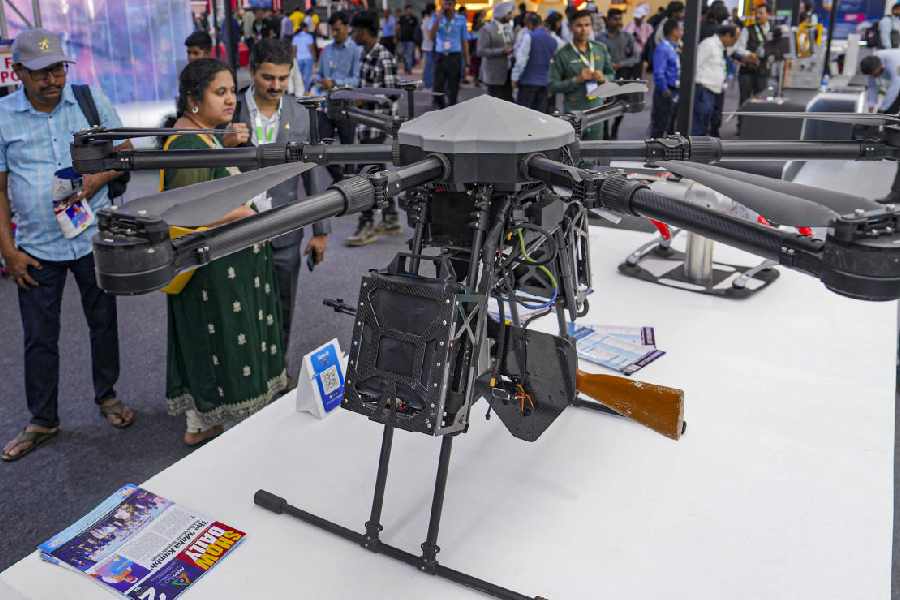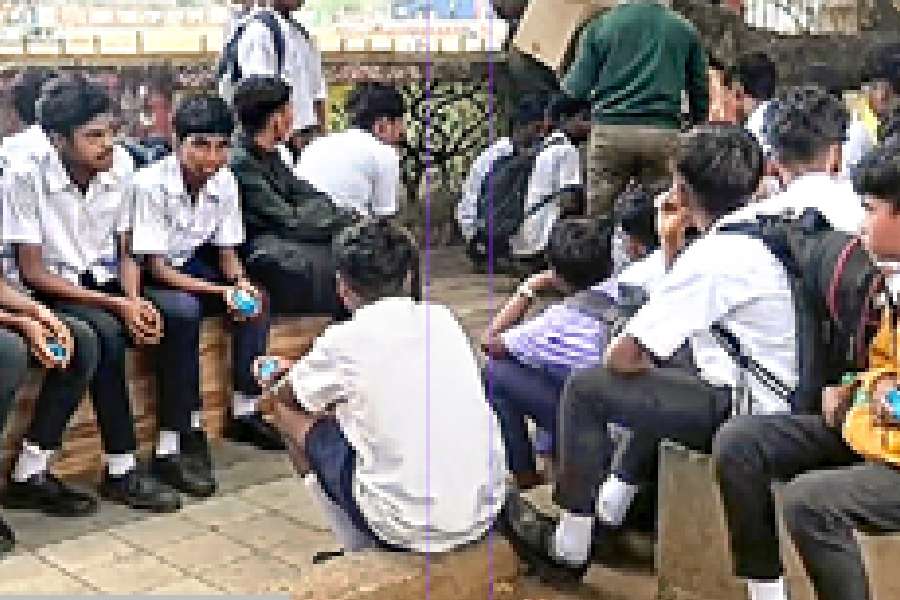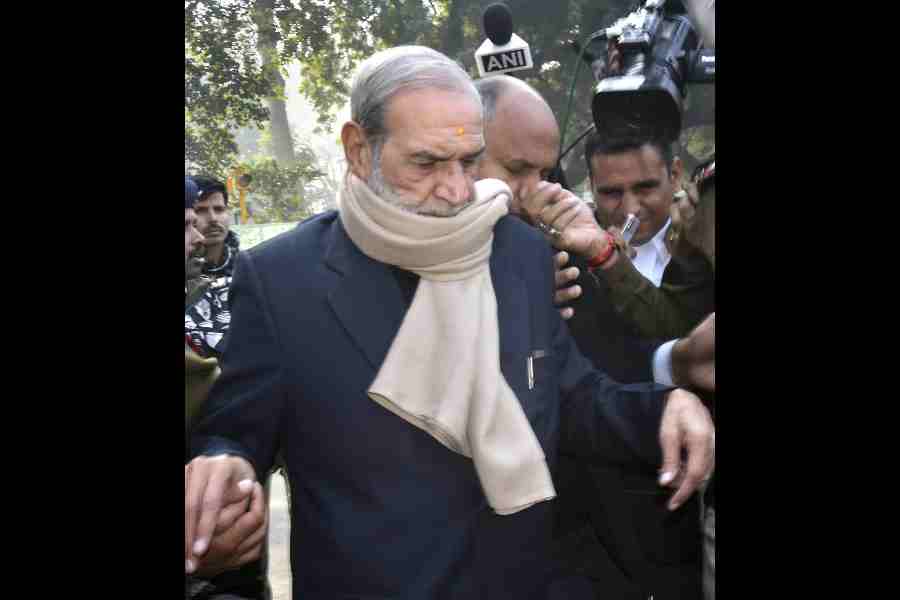The Central Bureau of Investigation, which is probing the rape and murder of the postgraduate trainee doctor at RG Kar Medical College and Hospital in Calcutta, is mulling over subjecting arrested civic volunteer Sanjay Roy and Sandip Ghosh, ex-principal of the college, to a polygraph test.
Ghosh, whose statement the Kolkata Police had not even recorded when the case was transferred to the CBI as shown by the Calcutta high court order, has been grilled for the last six days by the CBI.
A local court has already given the agency the permission to conduct a polygraph test on Roy – the lone person arrested so far in the case that has shocked Calcutta and the country.
Ghosh has been reportedly grilled for his role in the aftermath of the discovery of the dead doctor’s body in the seminar room of the building where she went to take rest after a 36-hour shift and why the parents were made to wait for three hours before they were allowed – which the state has vehemently denied – to see their daughter’s body.
"We want to further verify Ghosh's answers, as there have been discrepancies in some of the replies to our questions. Therefore, we are mulling over the option to conduct a polygraph test on him," PTI quoted an unnamed CBI official as saying. .
The permission to conduct the polygraph test on Roy, the prime accused, a civic volunteer who worked in the hospital, was also obtained on similar grounds of “inconsistencies” in answers to questions.
What is a polygraph test?
Polygraph, like narco analysis and brain mapping, is a deception-detection test used by investigating agencies in India as well as globally, though the results are not admissible in court as definitive evidence in India.
“It cannot be a substantive piece of evidence. At best it can be regarded as corroborative evidence, only if the subject is lying,” a retired IPS officer from the Bengal cadre told The Telegraph Online.
Also known as lie-detection test, the polygraph test is based on a theory that a guilty subject is more likely to lie to hide any relevant facts related to a crime which can induce the subject into a hyper-arousal state, which an expert can detect with the help of technology.
Measurement of hyper-arousal state is based on a number of parameters such as heart rate, blood pressure, respiratory rate, skin conductance and electromyography.
It has been argued that the variations in the measurements could not necessarily be attributed to lying and deception, and that a person trained in breathing techniques could manipulate the results.
What is the narco analysis test?
For those who have to undergo narco analysis, drugs like sodium pentothal, scopolamine and sodium amytal – familiar names to readers of Cold War era fiction and even Tintin fans who remember “Flight 714” – are administered which puts the subject to an experience similar to that of anaesthesia and hypnotism.
The subject is thus more likely to divulge information as well as personal fantasies and delusions. Again, some medical experts have argued that some people could retain the ability to deceive even under drug-induced hypnosis.
Polygraph test and court cases
In the case of Shraddha Walkar, who was strangled and her body chopped into pieces in May 2022 before being dumped by her live-in partner Aftab Ameen Poonawala who had stored the body parts in a fridge for three weeks before strewing them all over Delhi, the accused underwent polygraph and narco analysis tests in November of the same year.
The accused had reportedly confessed to killing his live-in partner and displayed no sense of guilt or remorse while undergoing the tests.
The case is still being heard in Delhi high court.
Hearing on an appeal in a murder case, a division bench of the Supreme Court in June 2023 had observed that polygraph and brain mapping are material evidence though may not be sufficient to hold one guilty.
The bench’s observation came while it set aside a Bombay high court verdict discharging a couple and others for their involvement in the murder of a man named Manmohan Singh Virdi in Maharashtra’s Lonavala on May 14, 2006.
“The High Court had summed up the entire evidence in two paras without even referring to the psychological evaluation including psychological profiling, polygraph testing and brain electrical oscillations signature profiling tests of the accused and the other aides and discharged,” the bench comprising Justices Abhay S Oka amd Rajesh Bindal observed.
A Bangalore-based journalist, Vicky Nanjappa, had subjected himself to a narco analysis test at a hospital in the city in 2006. Before being drugged when he was asked who he loved the most, his answer was his mother. Later on while undergoing narco analysis, he claimed to love actor Shah Rukh Khan's mother the most.
Sharing his experience of narco analysis, Nanjappa wrote: "Nothing can compel you to tell the truth, unless you want to do it yourself."

